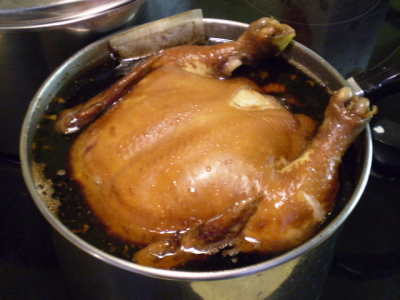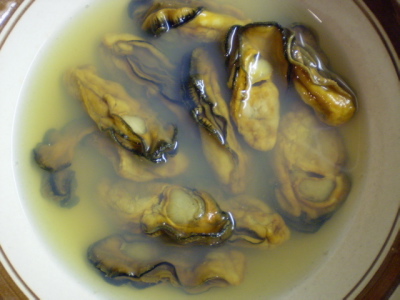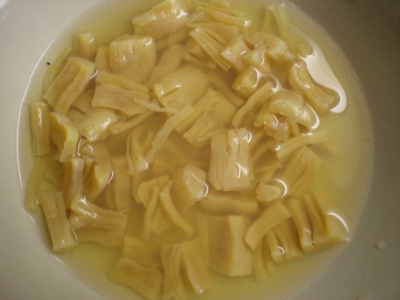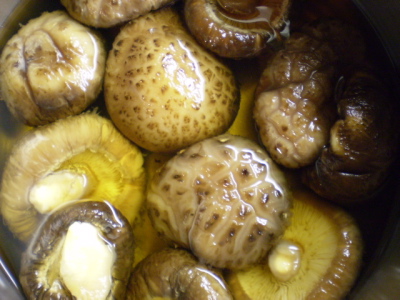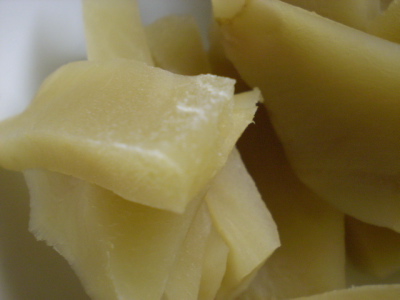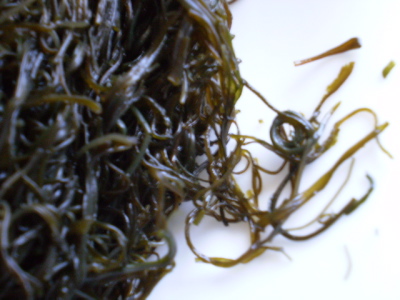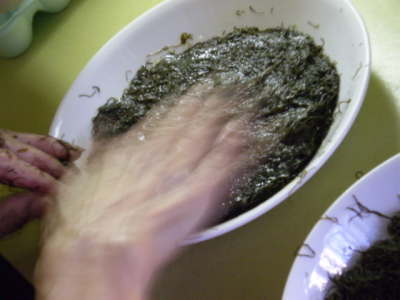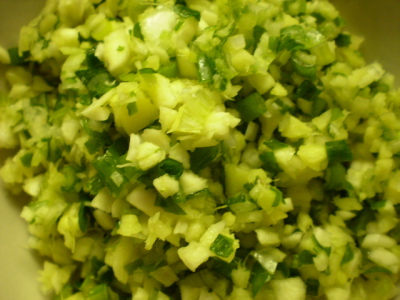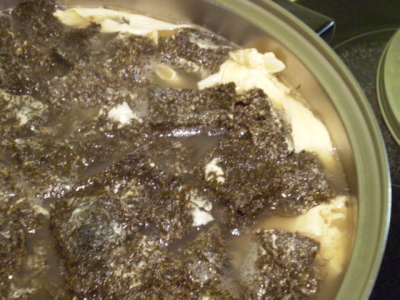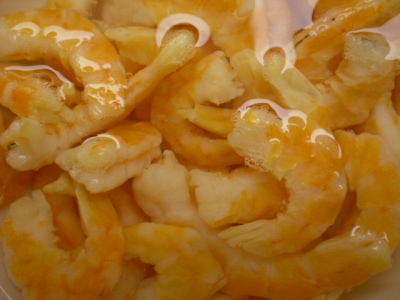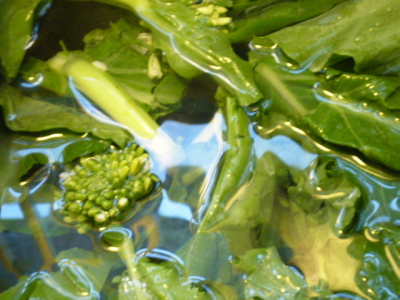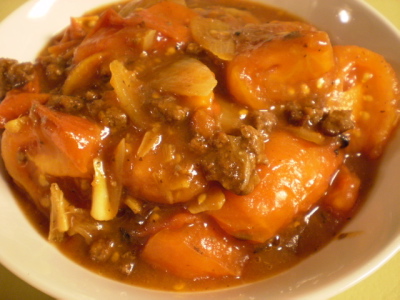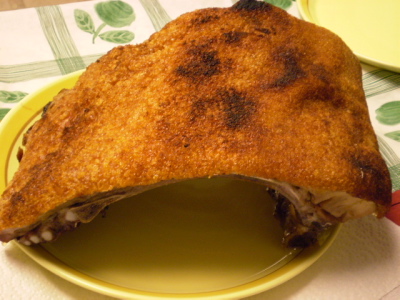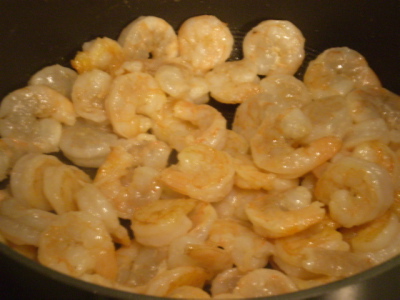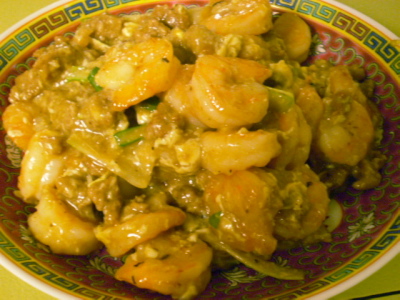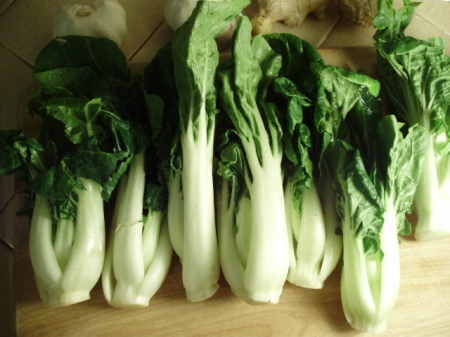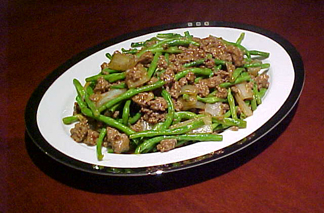A Happy New Year Feast
The Lunar New Year is being celebrated this year on January 26. The most important part? The food!
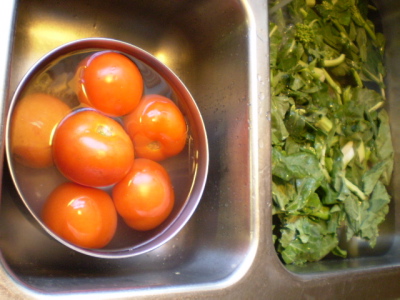
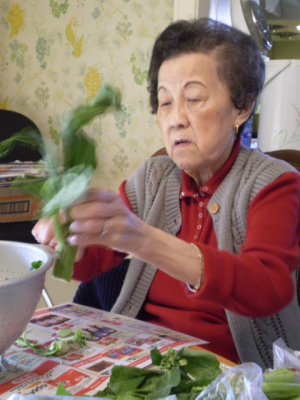
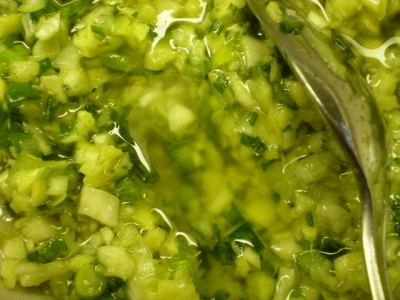
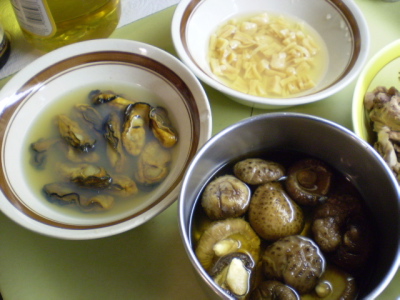
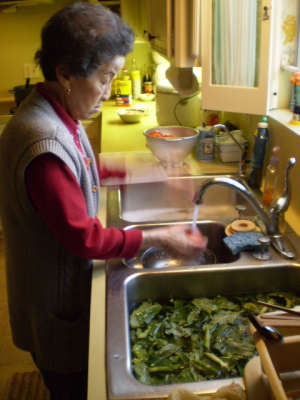
The Master Chef. Don’t get in her way!
Growing up in a Chinese household, I took it for granted that we would be eating a special dinner for Chinese New Year. After moving away and painstakingly failing to recreate my mom and dad’s dishes, I learned that studying the method was perhaps more important than having a recipe. Every little pinch, mash, stir, and dash made these dishes uniquely their own, and thus extra special.
Resigned to the fact that I would never learn ALL the secrets of their cooking (there still had to be SOME reason for me to call from time to time), I decided to chronicle a small part of the work involved in cooking a Chinese New Year feast. Last February, armed with my camera and a patient appetite, I went over early to mom and dad’s to “help”.
When most of us enjoy Asian food, the focus is generally on the finished product. Garnishes adorn platters of perfectly lacquered poultry, expertly sliced meats, and crisp, colorful vegetables. What struck me, while watching my mom and dad prepare this meal, were the lovely organic colors and shapes the ingredients themselves presented. So, I began snapping pictures. If you note a lack of final dish photos, well, I was preoccupied with stuffing my face by the time everything was finished!
The star of the dinner is the soup. As with most soups, a good base is imperative for a full, rich flavor. In addition to using chicken and pork, mom uses an arsenal of dried items:
Clockwise from top: Dried scallops, dried black mushrooms, dried oysters
Dried scallops
Black mushrooms
“Fat choy” is a black, stringy seaweed that is the focus of many New Year’s soups. Because of its texture, the seaweed is usually combined with other ingredients to bind the seaweed. Ground meats and other things can be used to make balls or cubes. Mom has always used simple scrambled eggs to bind the fat choy, which is steamed in shallow dishes, then cut into cubes.
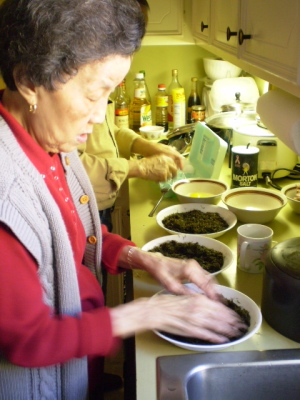
Mom mixing seasoned eggs with the fat choy.
Mom’s soy sauce chicken is a masterful study of the sublime. Soy sauce, dried herbs, rock sugar, and other “secret” ingredients make up her looing sauce. Used again and again, the sauce gains potency and flavor with each use. I’ve tried to duplicate it, I’ve watched her mix it up, but mine NEVER tastes as flavorful as hers.
Dad’s minced ginger, scallions and garlic, ready for the smoking-hot oil.
My father makes a simple, but delicious dipping sauce for poached chicken, boiled shrimp, or steamed crab. The brightness of the minced ginger, scallions and garlic are preserved by quickly dousing them with hot oil. The oil “crisps” the ingredients, taking them out of the “raw” state, but preserving all of their fresh flavor.
The delicious result, ready for dipping!
The master at work, paring Chinese broccoli:
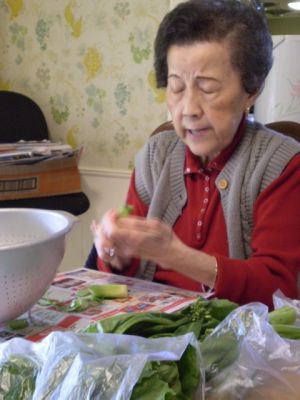
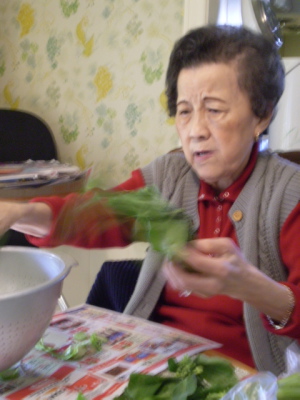

The finished soup: Cubes of fat choy and bean curd sticks hide a treasure of delicious ingredients.
Dried shrimp
Big, juicy tomatoes; Chinese broccoli
Chinese broccoli
One of mom’s signature dishes is Beef with Tomatoes. Mashed garlic, salted black bean, ginger and onions are sauteed in vegetable oil. Ground beef is added and browned very well. Fresh tomatoes, oyster sauce and a cornstarch slurry finish the dish.
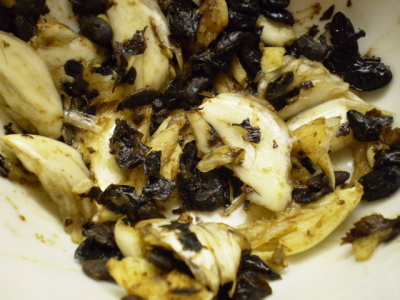
Beef with Tomatoes with Ginger and Black Bean Sauce
A hunk of pure heaven: Roasted pork
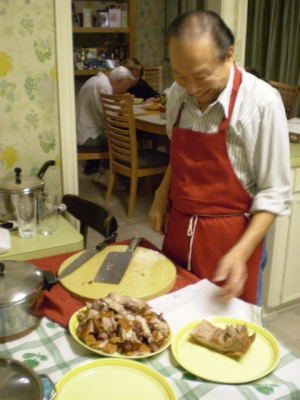
Dad cutting the pork
A favorite from the restaurant days, Shrimp with Lobster Sauce is a family favorite. Old school Cantonese style here: minced pork, garlic, black bean, shrimp. Eggs add a rich, velvety finish. Yum.
Shrimp with Lobster Sauce
Mom wondered why I was taking so many pictures of the soaking vegetables, the stringy black seaweed, and of course, her (she is so modest)! She didn’t understand that I was creating my own kind of recipe, one that I hope yields nourishment for not only the stomach, but for the soul.
Gung Hay Fat Choy!
